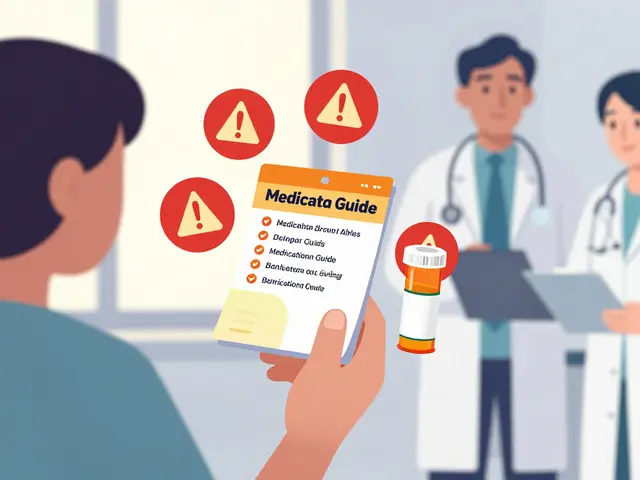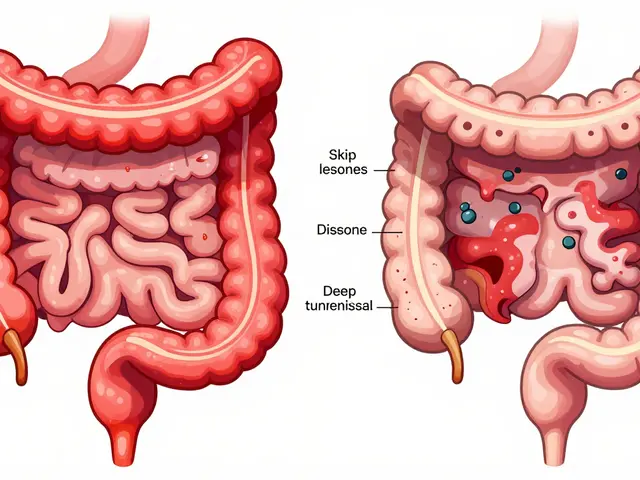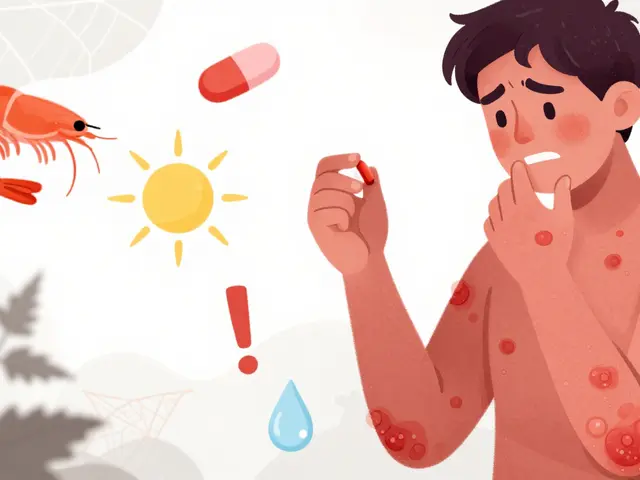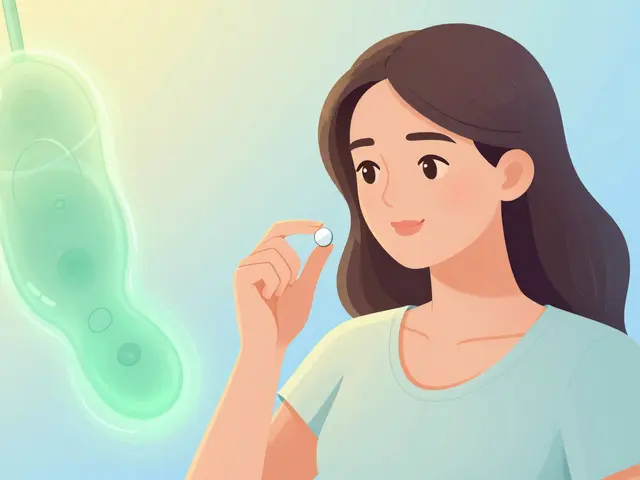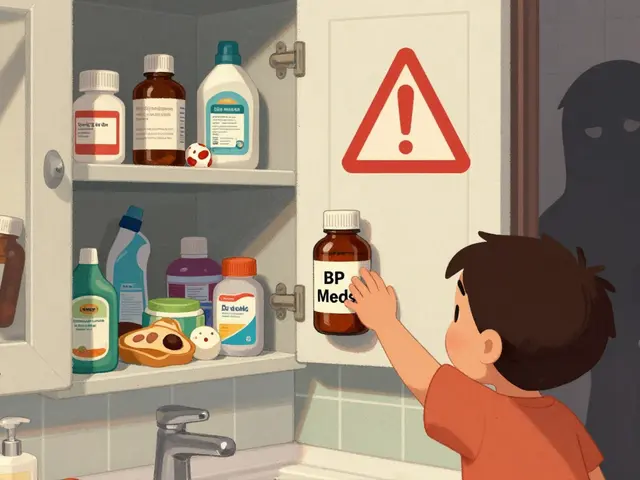Safe Medication Disposal: How to Get Rid of Unused Drugs Properly
Ever found leftover pills or expired meds and wondered how to toss them out safely? You’re not alone, and it's a smart question. Getting rid of medicines the right way is crucial—not just for your safety but to keep harmful chemicals from entering the environment. Let’s break down what you should do with those unused or expired meds.
First off, never flush medications down the toilet or sink unless the label or pharmacist says it’s okay. A lot of drugs don’t break down easily and can contaminate water supplies. Instead, look for “take-back” programs in your area. Pharmacies, hospitals, or community centers sometimes host these collection events where you can drop off your medications safely and free of charge. These programs ensure the drugs are disposed of in ways that prevent misuse or pollution.
Disposal Options When Take-Back Programs Aren’t Available
If a take-back option isn’t nearby, mix your meds (pills or capsules) with an unwanted substance like used coffee grounds, kitty litter, or dirt. Put the mixture in a sealed plastic bag or container before throwing it in the trash. This makes the medicine less appealing to kids, pets, or anyone who might go digging through the garbage. Remember to scratch out all your personal info on prescription labels to protect your privacy.
Liquid medications are a bit trickier. Check if they include any special instructions on disposal. If not, consult your pharmacist or local waste authority for guidance. Never pour liquid meds down the drain if it’s not recommended—the chemicals can be tough to remove and pollute waterways.
Why Safe Disposal Matters to You and the Planet
Leftover meds lying around invite accidental poisonings, overdoses, or intentional misuse. When flushed or tossed carelessly, drugs can end up in drinking water or harm wildlife. Using safe disposal practices protects your family and the environment alike. Plus, keeping a clutter-free medicine cabinet cuts down on confusion and mistakes when taking pills.
So, before tossing that next bottle or blister pack, take a moment to check the safest way to dispose of it — your health and the planet will thank you. Need more tips or want to find local disposal programs? Visit our site for up-to-date resources and advice on handling medicines the smart way.
As a blogger, I've recently researched the proper methods of storing and disposing of Nitrofurantoin, a medication commonly used to treat urinary tract infections. To store Nitrofurantoin, keep it in a cool, dry place, away from heat and moisture, and always in its original container. Make sure it's out of reach of children and pets. When it comes to disposing of Nitrofurantoin, don't just throw it in the trash or flush it down the toilet. Instead, consult your pharmacist or local waste disposal facility for guidance on safe disposal methods.

